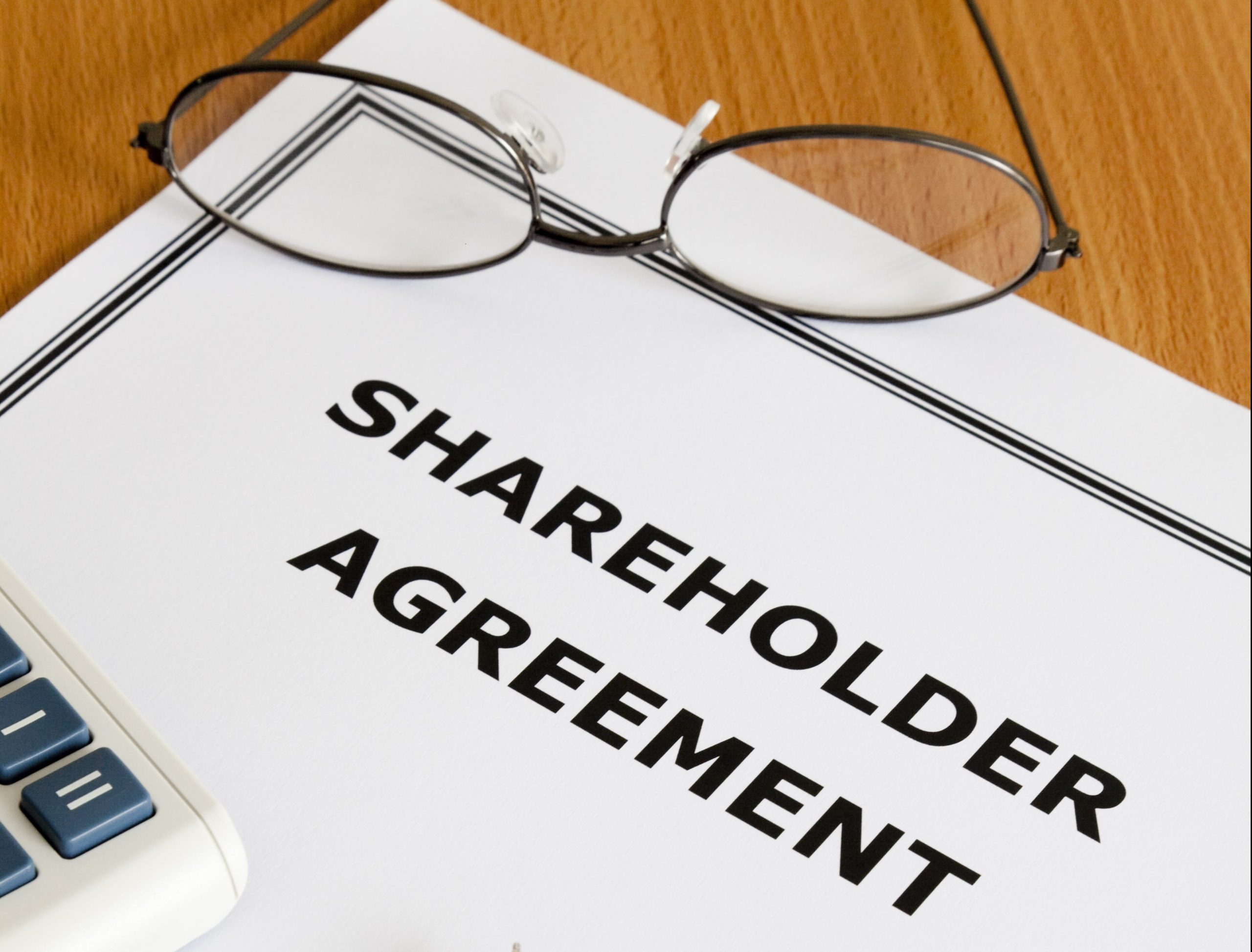When starting or growing a business with multiple investors, one critical document that often gets overlooked is the shareholders’ agreement. While many entrepreneurs focus on business plans and funding strategies, neglecting this agreement can lead to costly disputes and misunderstandings later on.
A shareholders’ agreement is essentially a legally binding contract between the shareholders of a company. It outlines the rights, responsibilities, and obligations of each shareholder, providing a roadmap for how the company will operate and how decisions will be made. This document is essential for protecting your investment and ensuring that all parties involved are on the same page.
Why Do You Need a Shareholders’ Agreement?
- Clarifies Roles and Responsibilities
Shareholders often have different levels of involvement in the company. Some may be silent investors, while others actively participate in daily operations. A shareholders’ agreement defines each party’s role and level of authority, ensuring clarity and reducing conflicts. - Prevents Disputes
Disputes are common in businesses, especially as they grow. Without a clear agreement, disagreements over profit distribution, decision-making, or business direction can stall operations or lead to costly legal battles. A well-drafted shareholders’ agreement acts as a guide to resolve disputes amicably. - Protects Minority Shareholders
Minority shareholders often face challenges in influencing decisions made by majority shareholders. A shareholders’ agreement can include provisions that protect their interests, such as veto rights for critical decisions or safeguards against unfair dilution of shares. - Regulates Share Transfers
What happens if a shareholder wants to leave the business? Without an agreement, the departing shareholder can sell their shares to anyone, potentially bringing in unwanted partners. A shareholders’ agreement typically includes share transfer restrictions, such as offering existing shareholders the first right of refusal. - Outlines Exit Strategies
Every business faces the possibility of an exit, whether through a sale, merger, or liquidation. The agreement provides a framework for how these scenarios will be handled, ensuring transparency and fairness.
Key Provisions in a Shareholders’ Agreement
To protect your investment effectively, a shareholders’ agreement should include the following key provisions:
1. Decision-Making Processes
- Define how major decisions (e.g., raising capital, entering new markets, or appointing directors) will be made.
- Specify voting rights and whether decisions require unanimous, majority, or specific thresholds of approval.
2. Profit Distribution
- Outline how profits will be distributed among shareholders.
- Specify whether reinvestments into the company will take precedence over payouts.
3. Restrictions on Share Transfers
- Establish rules for selling shares, including buy-back clauses or first refusal rights.
- Prevent shares from being sold to competitors or external parties without consent.
4. Dispute Resolution Mechanisms
- Include methods for resolving disputes, such as mediation, arbitration, or consulting a neutral third party.
5. Non-Compete Clauses
- Protect the company from shareholders starting or joining competing businesses during or after their involvement in the company.
6. Exit Clauses
- Define what happens in scenarios like death, bankruptcy, or resignation of a shareholder.
Steps to Creating a Shareholders’ Agreement
- Consult a Lawyer
A lawyer experienced in corporate law can help tailor the agreement to meet your company’s specific needs and comply with local regulations. - Collaborate with Shareholders
Ensure all shareholders are actively involved in drafting the agreement. This builds trust and reduces the likelihood of future disputes. - Review and Update Regularly
As your business grows, revisit the agreement to ensure it remains relevant. Changes in ownership, business strategy, or legal requirements may necessitate updates.
CONCLUSION
A shareholders’ agreement is not just a legal formality—it is a vital tool for safeguarding your investment and ensuring the long-term stability of your business. By clearly defining the roles, rights, and responsibilities of each shareholder, this agreement minimizes risks and provides a solid foundation for growth.
Whether you’re starting a business with friends, family, or professional investors, don’t skip this essential step. Protect your investment today by drafting a comprehensive shareholders’ agreement—it’s a small effort that can save you from major headaches in the future.
